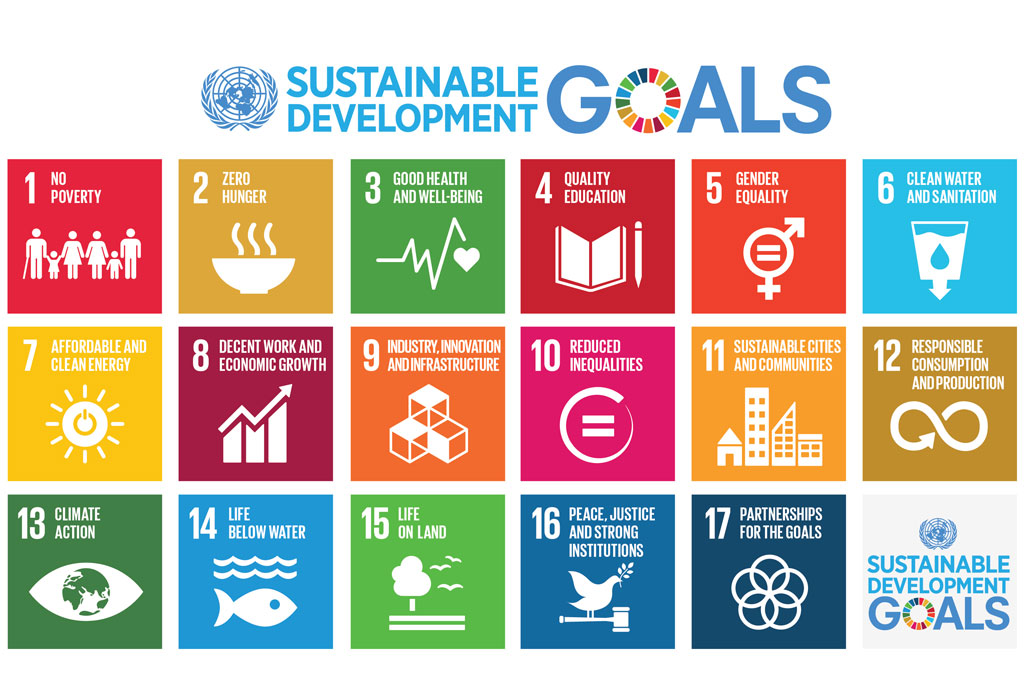
By Bamidele Oni
Congratulations to the world as we have yet again successfully delivered another set of pointers leading to the much envisaged sustainable future, branded as the Sustainable Development Goals (SDGs).
Although the new set of goals share a basis of similarity in objective with the old Millennium Development Goals(MDGs) in the view of extreme poverty eradication and other interrelated factors that were developed as supporting goals. This time around the goals have increased in number to seventeen but still central to addressing the same root issues as identified in the MDGs.
The difference however could be attributed to the explicitness in definition which may have resulted in the broadening for more goals; else than that we might just say we have succeeded in re-dressing an old banner with many colourful scarfs.
In a way, it only seem our leaders are collectively repeating class as regards the global commitment which saw not so much distinctive changes as expected in the level of extreme poverty, inequality, child mortality, Universal education and overly, sustainable development.
The momentum that was set at the commencement of the MDGs never measured up with the subsequent follow-up that would have placed the goals on a progressive scale. However the targets set for success appraisal recorded a supposed level of impact which might be proved not entirely reliable as the reflection of whatever success recorded from the MDGs seems quite betrayed by the still obvious gaps in basic life necessities in the developing world especially in Sub-Saharan Africa.
It is certain that to match up with the continuous aim of sustainable development and globalization, the previously set goals of the MDGs would have to be revisited in the SDGs as they are still vital in paving the way towards the expected common future.
The fact around our common advancement lies largely around equity in opportunities and basic necessities to support life in every related human community on the planet. Anything other than this would only create chaos and global unsettlement which would in every way surface as inconveniences to others, either on the basis of individuals or nation-wise.
The failure of essential commitments in support of the MDGs could in a way be perceived in the current massive migration of refugees into Europe.
Giving a detailed insight, the refugees are just in search of the basic necessities of life (Food, security, health and possibly hope) all of which have apparently become alien or rather difficult to obtain in their relative counties. So in a way, can we really blame them for being desperate enough to save their own lives?
Perhaps the definition of a nation being designated a failed state should include as a foremost prerequisite, the failure to provide the basic necessities of life to her relative population. To be factual enough, quite a lot of countries especially in the developing world would fall into the failed state category due to the factors of basic life needs which are significantly absent.
While the blame of failure cannot be entirely placed on the dampened united commitment, the fault could be well traced on an individual basis and by that, respective national interests which have never been aligned enough to allow for the goal of a global Consensus.
National interest however may not be entirely painted in the real essence of collective national interest per se, but in some way the selfish ambition of leaders, as it is well observed in some countries in Africa where public funding that would have been utilized in the provision of essential life support facilities are largely diverted for personal interest.
The situation is such that the public has become so myopic to the fact that the provision of the essential life supports are their basic rights but in most cases the political office holders get to be praised for their inadequacies as achievements when they probably by pressure provide an intervention which in most cases are short lived.
So the fault has been contributory all along and the earlier this is addressed the better. Global support for the actualization is lacking while leaders needed to actualize the interventions are found wanting.
Looking back in history might be a saving grace for us even as we start another 15 years journey in the quest for the future we desire, we need to know where we are coming from and where we stand now for us to know where we are headed.
The MDGs could be said to have been an almost successful deal considering some elements of achievement and this could probably serve as a drive to ensuring the SDGs break every possible record of success in the coming years.
Optimism in the sense of Impactful results this time around seem not to be out of place as expectations are equally rising for the actualization and delivery of every commitment as stated by the world leaders at the just concluded United Nations General Assembly.
The year 2015 marks the beginning of another 15 years countdown to achieving all that has been set as goals and in a way another window of opportunity to pick up on the slacks of the last 15 years in time for the work ahead. The timeframe has been set and the world as of today looks towards nothing short of decisive actions that will boldly affirm a global sense of optimism.
Sincerely Yours Earthly.
Oni, Executive Director, Green Impact International, writes from Abeokuta










really great post dele…